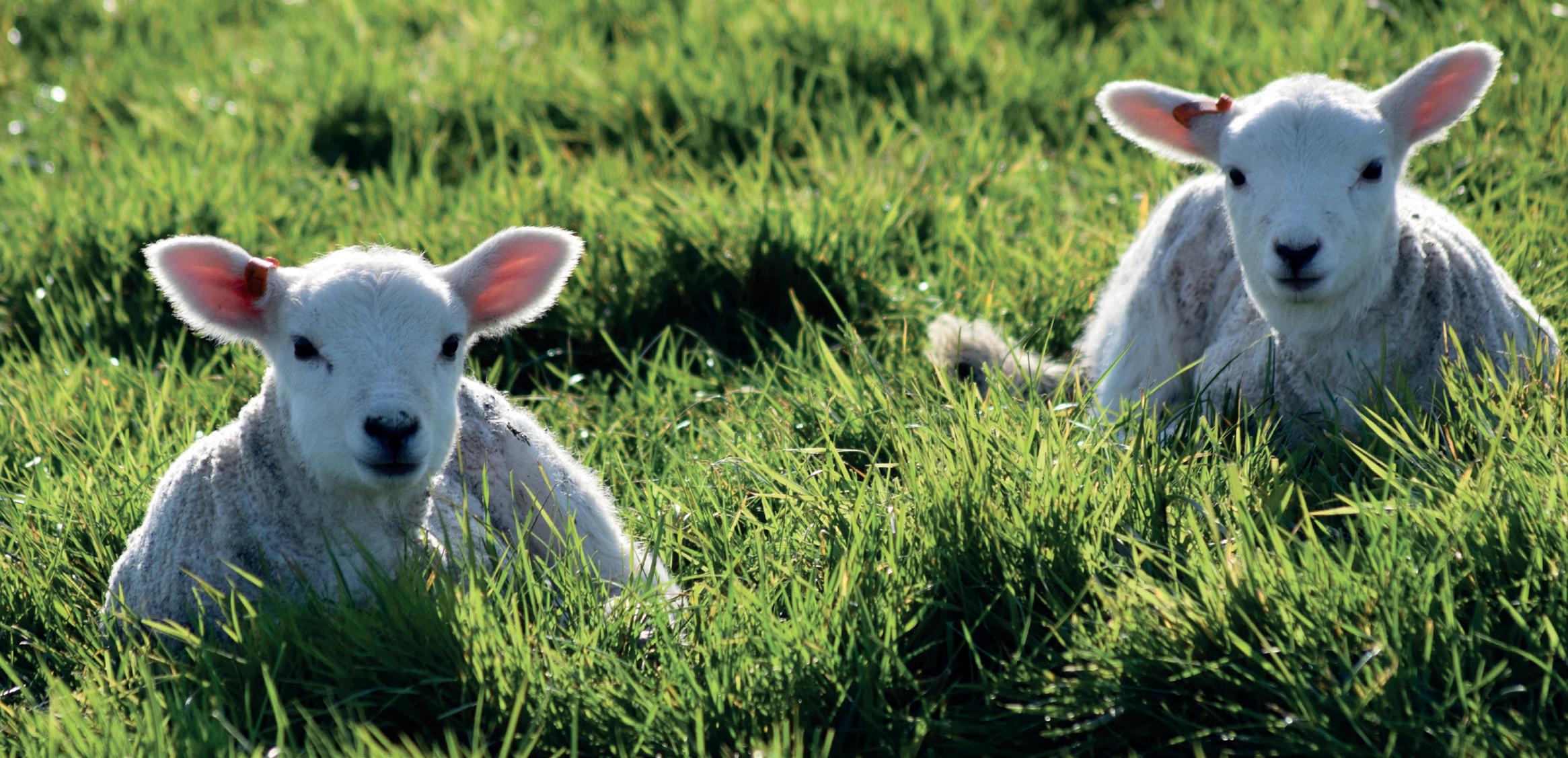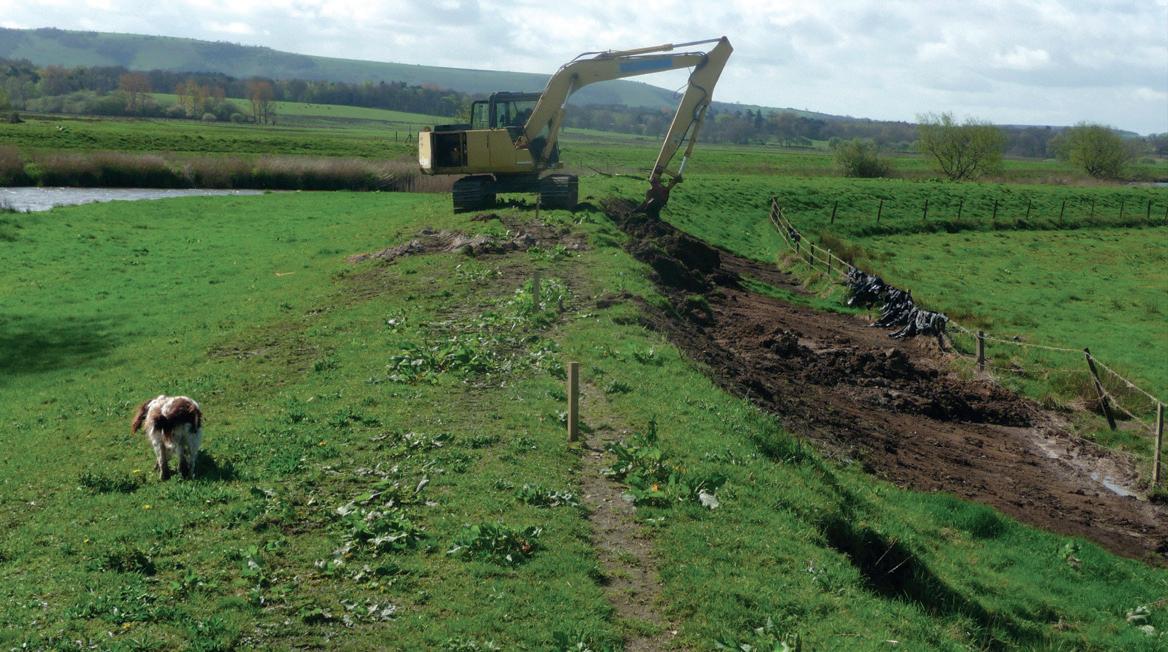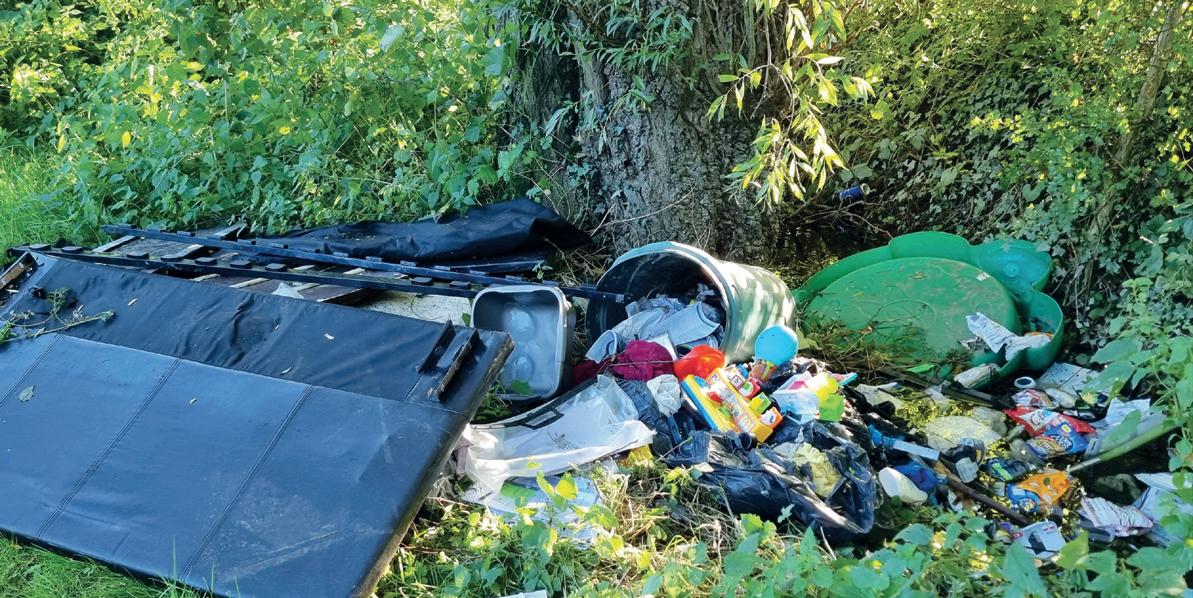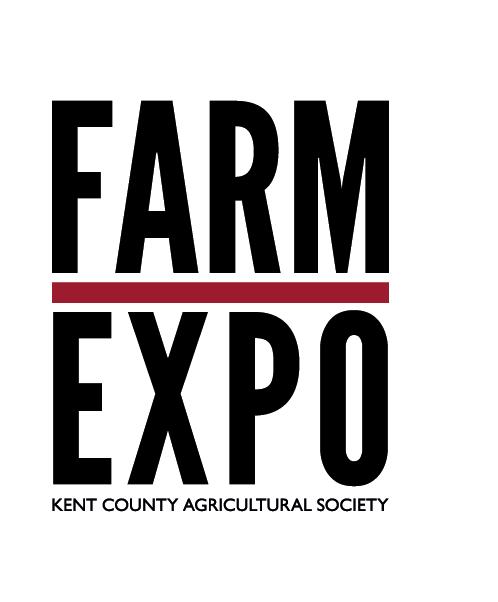
8 minute read
ANITA HEAD
ORGANISED CHAOS ANITA HEAD
DUTY OF CARE TO PROVIDE ACCURATE INFORMATION
The dung has been spread and the fertiliser has been delivered. Spring drilling has begun in earnest, as the weather conditions allow. The fi rst half of February (I even managed to mow the lawn) was very dry and the rain certainly made up for it in the later part. Let us hope March is kind to us. The evenings are drawing out and the additional daylight hours are a welcome change for the dreary winter. Spring is on its way. A little bit of warmth and the crops will grow in earnest.
This month has been and gone in a whirlwind. So much to achieve in such a short space of time. With February only being 28 days and a half term thrown in the middle, it would appear we are nearly a quarter of the way through the year. We now have a fi ve year old in the house (where has the time gone?), next month we shall also celebrate having a 21 year old!
Now I am feeling really old. I seem to sound more like my mother every year (I’m sure the children will agree with me). When asking Ted what he would like for his birthday he replied “a slurry tanker”, an unusual present but the excitement mounted when he realised it was a remote-control Fendt tractor and slurry tanker. Apparently, it is the best present ever! I’m not sure we’ll see the same excitement from Fergus when he receives his birthday present.
While writing this article I had subconsciously decided to avoid any political debate; Boris, Prince Andrew, Russia etc, so instead I decided to watch Panorama – A cow’s life, the true price of milk. What a disaster, what a mistake.
The BBC decided to air a programme that didn’t show a true refl ection of a cow’s life in British farming. This program was a completely biased, one sided, undercover programme highlighting an issue (that needed to be dealt with) that happens on a minority of dairy farms.
I am convinced 99% of UK dairy farmers adhere to the stringent rules and regulations. How dare you, BBC, portray us all on the back of one farm’s poor actions? How dare you push an agenda that doesn’t truly refl ect and portray an industry which has the highest animal welfare standards in the world and adheres to them?
I do not condone any of the cruelty shown in the programme, but I do condemn the BBC and the undercover activist group that chose to make this programme rather than report the cruelty to the relevant authorities. You have prolonged the suff ering of those cows and are no better than the abusers. You made this programme for viewer ratings and not on behalf of the welfare of those cows. As a media outlet you have a duty of care to provide accurate information, not show edited clips designed to misinform the general public about the whole industry.
You haven’t shown the 99% of farmers who adore their animals or the farmer who cries when they lose a cow they have nurtured for weeks or any other animal that dies. You do not show the farmers who spend many hours up through the night ensuring 24-hour nursing care to their animals. The farmers who adhere to every standard for a Red Tractor assurance scheme and sky-high standards from their milk purchasers and many more.
Farmers have their milk price dictated by the supermarkets and still adhere to every standard. What does the BBC think this programme is going to achieve, apart from demoralising all dairy farmers when farmers should instead be thanked for providing three meals a day?
Look at the success of Jeremy Clarkson’s programme and even Tom Pemberton on YouTube. These are both programmes that display the love and aff ection as well as the truth behind farming. These guys are the same as the rest of farmers, guys who love the animals. These guys show a true representation of the UK’s farmers. I’ve registered my complaint with the BBC. Lets see how many others have done the same. Rant over for this month…
Take care and stay safe.
ANITA HEAD
Farmer
PRE-CALVING NUTRITIONAL ADVICE
The key to a successful calving period is cow condition. Cows should be fi t – not fat – when they calve down, ideally with a condition score in the 2.5-3 range at calving.
Large fat deposits in the birth canal may impede the passage of the calf, but probably of greater importance is the fact that fat cows lose their appetite earlier than fi t cows as calving approaches - and are slower to regain it after calving.
The reduced feed intake pre-calving means that magnesium intake also falls and this reduces her ability to mobilise calcium from bones. A modest reduction in calcium availability reduces the ability of the womb to contract, prolonging the fi rst stage of labour (slow calving syndrome), while a more serious calcium defi ciency can lead to milk fever. Maintaining blood magnesium levels helps maximise both calcium absorption from the gut and mobilisation from bones, dramatically reducing the risk of milk fever.
Crystalyx Pre-Calver contains a unique combination of magnesium salts to optimise uptake and availability within the cow to help maintain blood magnesium levels as calving approaches, together with generous levels of all trace elements to help replenish body reserves prior to calving and promote a strong immune response within both the cow and calf, which is important for calf health and vigour. The high levels of Vitamin E and selenium also help reduce the risk of retained afterbirth.
With typical intakes averaging 200g/cow/day, feeding Crystalyx Pre-Calver for an eight-week dry period represents an investment of only around £11 per cow.
beyond to ensure students are exposed to the latest cutting edge technologies, including robotics in the dairy and a brand new state of the art high welfare and RSPCA assured pig unit. Coupled with this, the college’s new farm shop and café open in Brighton this summer, providing the perfect opportunity to demonstrate and educate STUDENTS REVIEW students in every aspect of the supply chain relating to British produce. So whether your area of expertise is livestock, arable, machinery or agri-business, we’d like to hear from you. SMART TARGETSFind out more & apply: plumpton.ac.uk/our-college/vacancies

The importance of meeting parents/carers at Plumpton College. Curriculum Manager Alan Johnson reports…
Students are progressing well this term following parent/carer progress meetings. Students review their SMART targets to ensure they continue to be stretched and challenged.
It is very important to meet with parents/carers and get an overview of our students’ progress. We receive constructive feedback from parents/ carers through individual conversations. The feedback has evidenced that the students are very clear on their individual targets and are very motivated to learn. We received several requests from parents/carers to continue developing and progressing specific targets. This month's activity round up is as follows from our students:
MIA
We are now six months into our course and I am still learning something new every day. The lecturers make the lessons engaging and we have been taught a wide range of new skills in my practical lessons.
Of particular interest to me is that Plumpton College has been busy building the new pig unit over the past few months. I've taken time, just like many others, to go and look at the new and improved unit.
New automatic feeders and water systems have been installed and sows can access their own feed allocation. Along with this, sows and piglets will be kept in controlled optimum temperatures to stay warm and healthy, making sure the piglets don't feel the cold and adhering to the highest welfare standards.
A central walkway has been designed inside the unit, making it easier for staff and students to check the pigs more freely, which ultimately means easier and better monitoring. Each farrowing unit holds 20 sows; the other students and I are looking forward to learning about the new system.
This is an exciting improvement for Plumpton College, and it will be amazing to see how the pigs adapt to the new unit. and collectively quarantined into the cell cow group, whose milk is sent directly to the calves for ingestion until they are recovered enough for their milk to be below cell count regulations.
Another issue we experience regularly is digital dermatitis, which is fairly easy to prevent but not so easily removed from the herd entirely once infection begins.
Although preventative measures may have been taken, dermatitis bacteria can begin to fester in cows' feet because of the bacteria-favoured conditions of dairy farming. This can cause sores and damage to their soles and heels.
Although this is a highly contagious and erosive infection, infection cannot set in without an initial lesion through which the bacteria can get beneath the skin. This means properly regulated foot care for herds is the most important factor to minimis dermatitis cases.
On the campus farm at Plumpton College we regularly use footbaths to help control any bacteria beginning to fester on the animals' feet.
BEN
For my work placement during my education at Plumpton College, I have been working at Oak Farm, a mixed dairy and sheep farm. I have thoroughly enjoyed learning about the care involved with commercially producing dairy products and lamb.
The issues we experience in dairy farming predominantly include, but are not limited to, digital dermatitis, mastitis and pneumonia (calves). For treating and preventing mastitis, we use a bed cleaner for the mattresses the dairy herd lies on to prevent mastitis bacteria migrating from one cow to another.
To get an idea of the numbers within the herd exhibiting a mastitis infection, we test the milk with an external milk tester, via collection tubes that attach directly to the parlour, monthly. These results may give us an earlier indication that a cow is potentially harbouring mastitis, shown by an increased cell count.
These cows are then isolated from the herd











